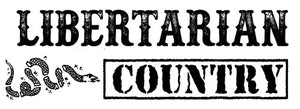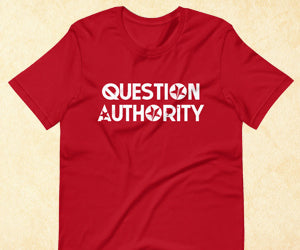Although controversial, even back then, (The Clash refused to let anyone wearing a swastika play their instruments at punk festivals, for example) it was largely understood to be an invoking of deliberate shock value aimed towards authority, elitists, upper-crust society etc. and not an attempt to terrorize or ostracize Jewish people.
Be that as it may, it still remains a sharply criticized facet of punk history. Handsome Dick Manitoba of 'The Dictators' recently spoke of The Rolling Stones and other Rock and Punk bands on a Sirius XM radio monologue.
Manitoba ardently reassured listeners that he understood the purpose and intention of rock bands embracing and exhibiting shock value and dark humor, but attested that there are some things that are just "one step too far", even if sarcastically wearing a swastika wasn't meant to actually hurt anyone--according to the wearers.
There was, however, an unintended consequence to punk bands brandishing Nazi insignia to shock audiences and the establishment alike... actual Neo-Nazis started showing up.
Uh? Oops?
The National Front in Britain tried to recruit young punks because they were displaying the swastika. Punk saw the emergence of neo-fascist rock bands, who saw punk rockers' use of the insignia as a calling to initiate sub-cultural mingling.
Apparently they never got the memo that Sid Vicious and Malcom McLaren weren't being serious when they were sporting the swastika.
Punk as a whole steadfastly rejected the infiltration of neo-fascists. Resounding through the succeeding decades, Jello Biafra's famous adage "Nazi-Punks Fuck Off" could be heard ringing throughout future generations; generations that were poised to endure frequent clashes with neo-nazis.
There had to be a moment's pause, a reflection, an inquiry, self-examination: We're not exactly sure what this punk rock stuff is, but we sure the hell know what it's not.
Defining 'Punk' seems to be, in itself, a contradiction to punk, but if the sub-culture could collectively sign an 'excommunication' to the neo-fascists, then there must've been a framework to what it represents.
What's the purpose? What are the goals? What is this new and terrifying teenage rebellion that polite society would deem an 'infestation comparable to the plague?'
Punk was never designed to be a solution to anything (perhaps maybe to boredom?)
Punk was a complaint, an accidental social critique, a protest that lent voice to the disenfranchised youth who found themselves situated in the middle of a long abandoned railway; where one side of the track was 'No Future' and the other side was 'No Hope'.
At its core Punk was always Libertarian; but not in the sense of a political party or a neatly penned political philosophy. Rather, more fundamentally, like an assessment: that if a ruler could bestow upon its subjects great luxuries then so too could it unleash upon them great tragedy and misfortune. And there must be, in punk ethos, resistance to that.
Punk, in short, is about freedom and rebellion.
There is a myriad of social issues that are of concern to the modern punk scene. Whether the punks are feminists, anarcho-communists, Ancaps, free market libertarians, or aging hippies that had to face the painful and sorrowful realization that 'peace, love and happiness' was never going to save the world, the sub-culture has one thing in common...
At the end of the day, politics really only boils down to two main components; Libertarian and Authoritarian.
Punk rock was, is, and always must be, Libertarian.



